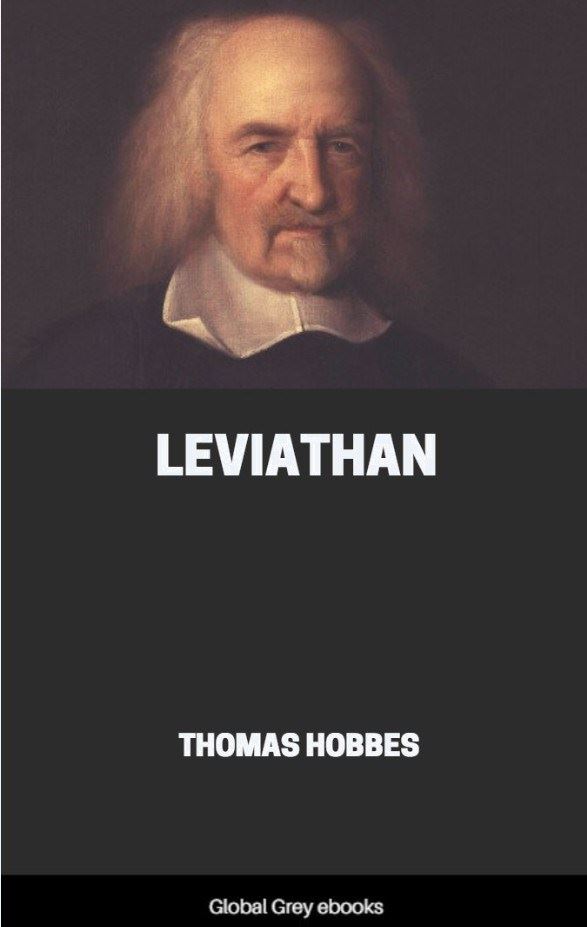

During a pandemic, which, Runciman confesses, left him “deeply aware” of the state’s power, that all sounds depressingly true. But its crucial role in organising political life is likely to last, as long as we are caught in a delicate situation of needing a Leviathan to protect us from all kinds of threats – and yet also require protection from the protector. Like all historical phenomena, the state is not inevitable.

But they also prove distracting from the serious argument Runciman advances: the state, he claims, is central to modern political experience, more so than democracy. These titbits can be fun or even thought-provoking (is it true that the greatest analytical philosophers remained unmarried?). While one wonders what Cambridge dons such as Runciman have to fear even in non-pandemic periods, the podcast format appears to have freed him from academic conventions: his tone is exceedingly casual there are plenty of side-remarks usually absent from serious works of intellectual history: do we really need to know that the 19th-century liberal Benjamin Constant had a sadomasochistic relationship with Madame de Staël, his older, aristocratic lover, or that Max Weber’s marriage might have remained unconsummated?

Covid is hardly as deadly a threat as the one that civil war posed to Thomas Hobbes in the 17th century, but we have been living through a critical moment that might concentrate fine minds and make them reconsider the basics of our collective life. Runciman’s book is composed of lectures he delivered for his Talking Politics podcast during the first lockdown in 2020. Two observations recur in David Runciman’s recent book on the history of ideas: profound political thought is a product of political turmoil and important theorists are fearless, both in crises and in going wherever the logic of their arguments leads them.


 0 kommentar(er)
0 kommentar(er)
